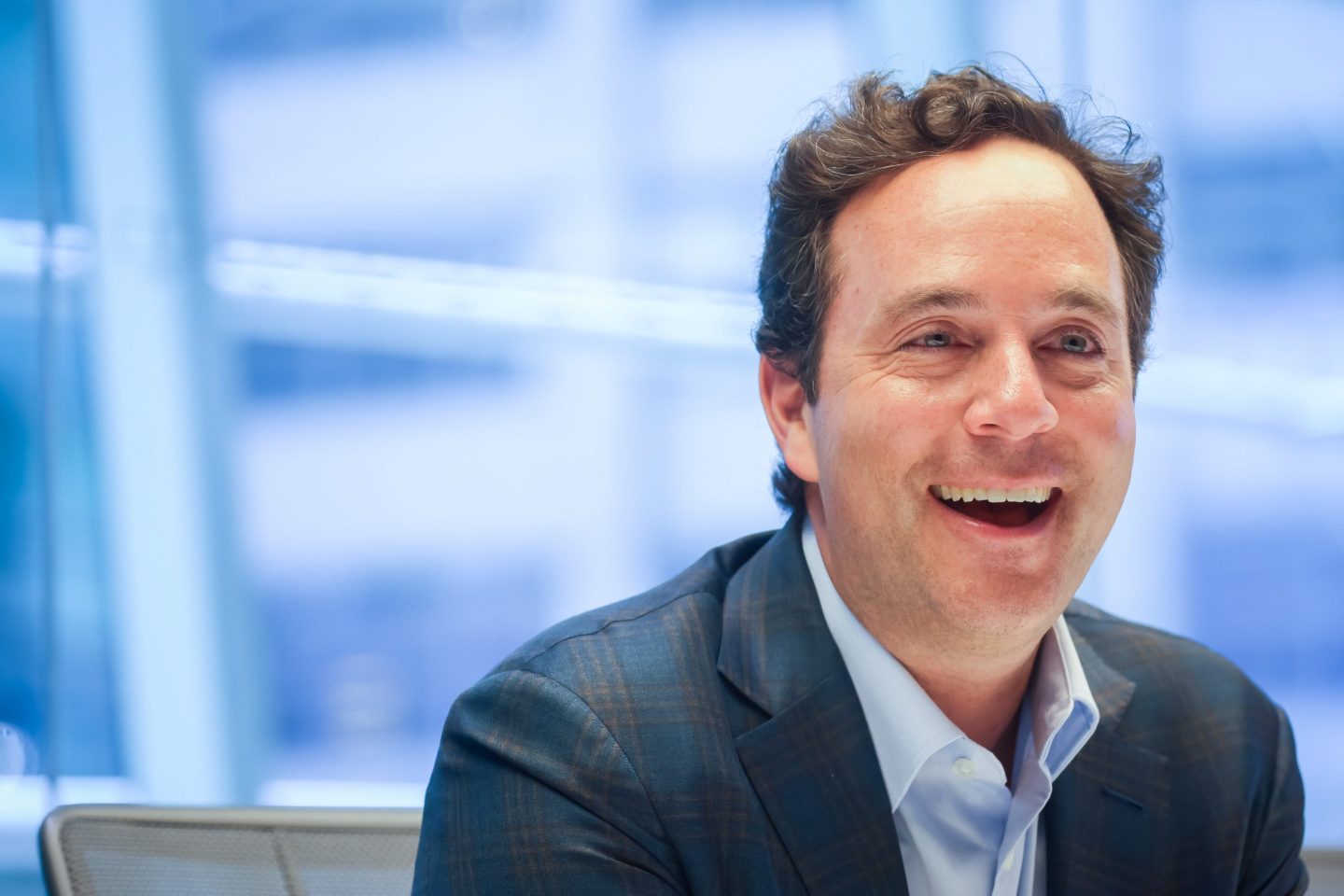Many workers dread their annual performance reviews—but one company’s management team dislikes them just as much as their employees.
Yahoo ditched its twice-yearly employee evaluations in 2022 and hasn’t looked back since. Instead of forcing the formal sit-down meetings on workers, the company decided to opt for more casual assessments.
Now the web services giant asks its 1,029 people managers overseeing the company’s employees, to create their own checks-and-balances system, with no set number of meetings required. And at least twice a year, managers meet with each other for “roundtable” discussions exploring the strengths of their employees, who might be ready for a promotion, and any glaring issues within teams.
Lisa Moore, the chief people officer for Yahoo, tells Fortune that the decision to cut out formal biannual reviews happened because of how much they were a letdown among workers. “There’s this huge sense of anticipation that ends in deflation,” she says. “Most folks are not getting what they want. They’re not getting a leading rating; they’re not getting a super stretch bonus or pay increase. And so we took away those two big emotive moments, and instead we’ve gone to continuous check-ins.”
The previous biannual meetings also weren’t having their desired effect. In some cases, managers didn’t bring up inappropriate or troublesome behaviors until these conversations. But by then, the bad conduct was allowed to thrive while the worker remained unaware of what they were doing wrong.
“Nobody should have a surprise at the end of the year,” she says. “It’s troublesome when somebody’s being told they’re not performing at the end of the year, and they haven’t heard that throughout the year. So you’ve really got to have much more of a regular conversation to be able to highlight where things are going off track.”
With more frequent check-ins between employees and managers, Yahoo is also trying to create a more back-and-forth culture, in which managers both tell direct reports what they need, and ask what they want out of their careers. Moore says it creates a greater sense of ownership for both the boss and the employee.
But there are some guardrails in place in case bosses become a bit too loose with their feedback systems. The company has an HR bot that sends out general supervisor assessments to employees twice a year, inquiring if they have had a recent check-in with their managers, if the conversation was productive, and if it’s helping them do their jobs better. If the algorithm senses a disconnect between an employee and their supervisor, Yahoo’s HR team will then enforce regular meetings between the pair and monitor the situation.
“We do expect people to be accountable for the role they play, including as a manager. It’s not okay to never meet with your folks,” Moore says. “We don’t want that. We want people to be taking that responsibility seriously.”
So far, the new method of reviewing employee work performance has been a hit among the workforce, according to Moore. Because at the end of the day, workers want flexibility with their managers, and the freedom to raise their own aspirations or concerns.
“At the end of the day, we’re grownups. We should be able to operate like grownups, without being told and spoon-fed exactly what to do,” Moore says.













